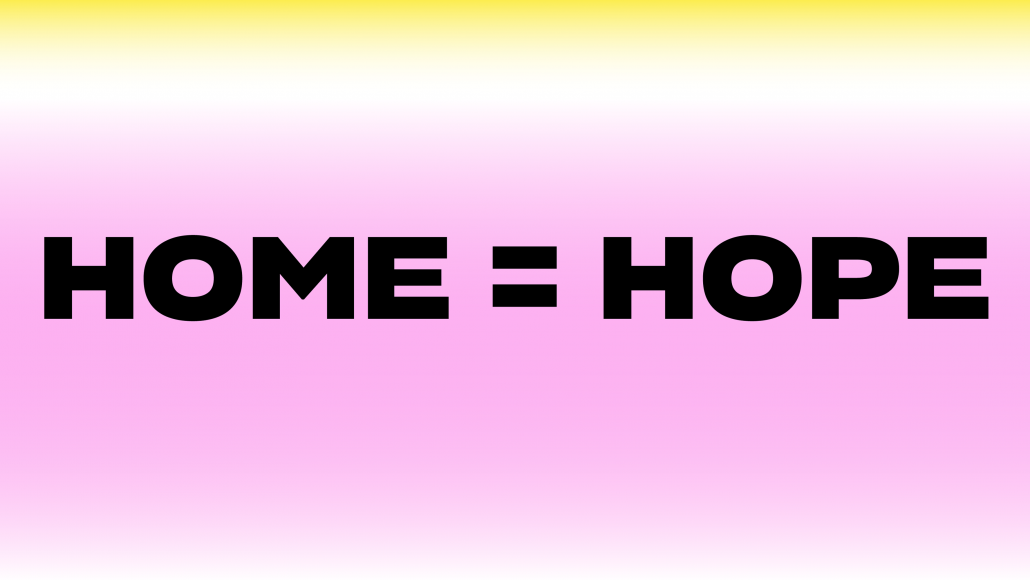Beth Silverman
Lotus Campaign
The Lotus Campaign, which uses a market-based approach to address homelessness and housing affordability, launched in late July 2018. The Lotus Campaign began with pilot projects in Charlotte, North Carolina.
This is the third of three blog posts about their efforts. To read more about how the Lotus Campaign got started, click here for the first blog post; click here to read the second blog post explaining how the model works. This final post in the series describes the impact Lotus has had over the past nine months.
WHAT DO PARTICIPATING ORGANIZATIONS SAY?
As part of its Landlord Participation Program pilot, the Lotus Campaign partners with participating landlords, such as Gingko Residential, Levine Properties, and Marsh Properties. Sponsoring Organizations include Charlotte Family Housing, Men’s Shelter of Charlotte, Running Works and Urban Ministry Center. To date, the program has facilitated housing for over 80 individuals with a goal of housing 250 people by the end of summer 2019.
SPONSORING ORGANIZATIONS & LANDLORD PARTNER QUOTES
The following quotes, from both wraparound service providers and housing operators, serve as testimonials for the Lotus Campaign to date.
WHAT DO THE NUMBERS SAY?
The Landlord Participation Program provides an opportunity to make an immediate impact by addressing barriers to housing that benefit residents and landlords. The Lotus Campaign also recognizes the need for multiple approaches to fully address housing instability and homelessness in the community.
As its first project, the Lotus Campaign invested in a multi-family property, Sharon Crossing. The community is located in Southwest Charlotte, within one mile of the LYNX Light Rail station and a newly renovated shopping center with a 24-hour grocery store. Thirty units (21%) will be reserved for the Landlord Participation Program, providing housing for a minimum of 48 people currently experiencing homelessness; the remainder of the units will be preserved as quality, workforce housing. Workforce housing refers to housing affordable to households between 80% and 120% of area median income (AMI). Using a social impact investment model with market rate debt and private equity. The Lotus Campaign plans to invest in more housing developments to help create a long-term supply of housing for people experiencing homelessness and housing instability.
SO, WHAT
The Lotus Campaign uses a market-based approach to address the shortage of affordable housing. Its model seeks to unlock private capital to address homelessness and housing affordability; reduce economic risk by considering the perspective of landlords and owner/operators; be nimble, scalable and replicable; remain independent of public subsidy; and incorporate an impact investment and development model of doing good and doing well.
Notably, approximately $900 helps facilitate housing for one person per year through the Lotus Campaign’s Landlord Participation Program.
The Lotus Campaign plans to develop its proof of concept this first year: identifying the parts of its model which are replicable and scalable as well as elements requiring tailoring for other markets. The Lotus Campaign has plans to scale to other communities, both by setting up new Landlord Participation Programs and through expanding to ten markets in the next three years.
Learn more about how the Lotus Campaign works here.
Beth Silverman is the Co-founder and Vice-President of The Lotus Campaign.


